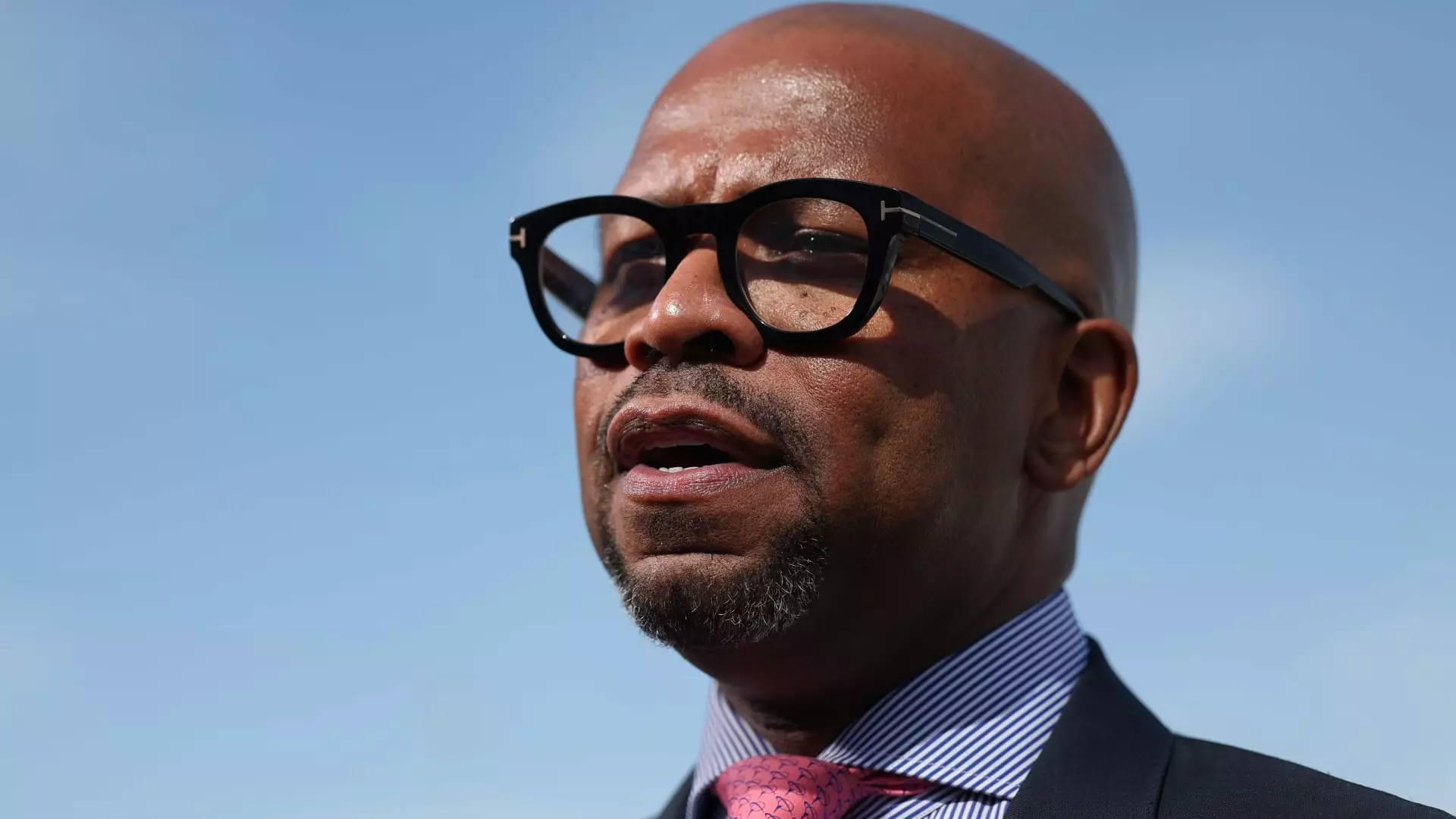In a significant shake-up within Boeing’s defense segment, CEO Kelly Ortberg announced the immediate departure of Ted Colbert, who headed the defense unit. This move marks Ortberg’s first major personnel decision since he assumed leadership in early August. The decision underscores the urgency with which Boeing is addressing ongoing challenges within its defense, space, and security division, which has been grappling with the dual pressures of production delays and escalating costs.
In a memo circulated to staff, Ortberg emphasized the critical need to rebuild customer trust, asserting that Boeing must meet and exceed the high standards expected by its clients. “At this critical juncture, our priority is to restore the trust of our customers,” he stated, highlighting the importance of reliable performance in fulfilling vital global missions. Lack of confidence in the division’s capabilities could jeopardize future contracts and long-term relationships with essential clients, including government agencies and military organizations.
The leadership transition comes at a pivotal moment for Boeing, especially given that the defense division accounted for nearly 40% of the company’s revenue in the first half of the year. This statistic highlights the division’s importance to Boeing’s overall financial health. Steve Parker, the unit’s Chief Operating Officer, has stepped up as interim leader. His experience and familiarity with the unit’s operations may provide a much-needed stability during a turbulent period as the company seeks a permanent replacement for Colbert.
The defense unit is currently facing several high-profile challenges. Notably, the production of new 747 aircraft designated as Air Force One has been fraught with difficulties, leading to substantial cost overruns. Such issues can significantly impact the timetable for delivering these critical aircraft, raising concerns within the federal government and among taxpayers about accountability and budget management. Additionally, the space sector is facing its own crises, with Boeing’s Starliner mission recently returning without its intended NASA astronauts, a stark contrast to SpaceX’s continuing successes.
As Boeing navigates this leadership change, the company’s future relies heavily on its ability to not only resolve existing challenges but also to innovate and improve its operational efficiency. The organization is at a crossroads, with the potential for redefined strategies and renewed commitment to its clients and stakeholders. The interim leadership of Steve Parker will be pivotal in guiding the team through this transition, and the appointment of a new head of the defense unit will surely be a topic of keen interest among analysts and industry watchers alike.
Boeing finds itself in a crucial moment, with the company’s trajectory hinging on how effectively it addresses the intertwined challenges of leadership, production, and customer trust. The steps taken in the coming months will determine whether Boeing can emerge from this period of difficulty stronger and more capable than before.


Leave a Reply